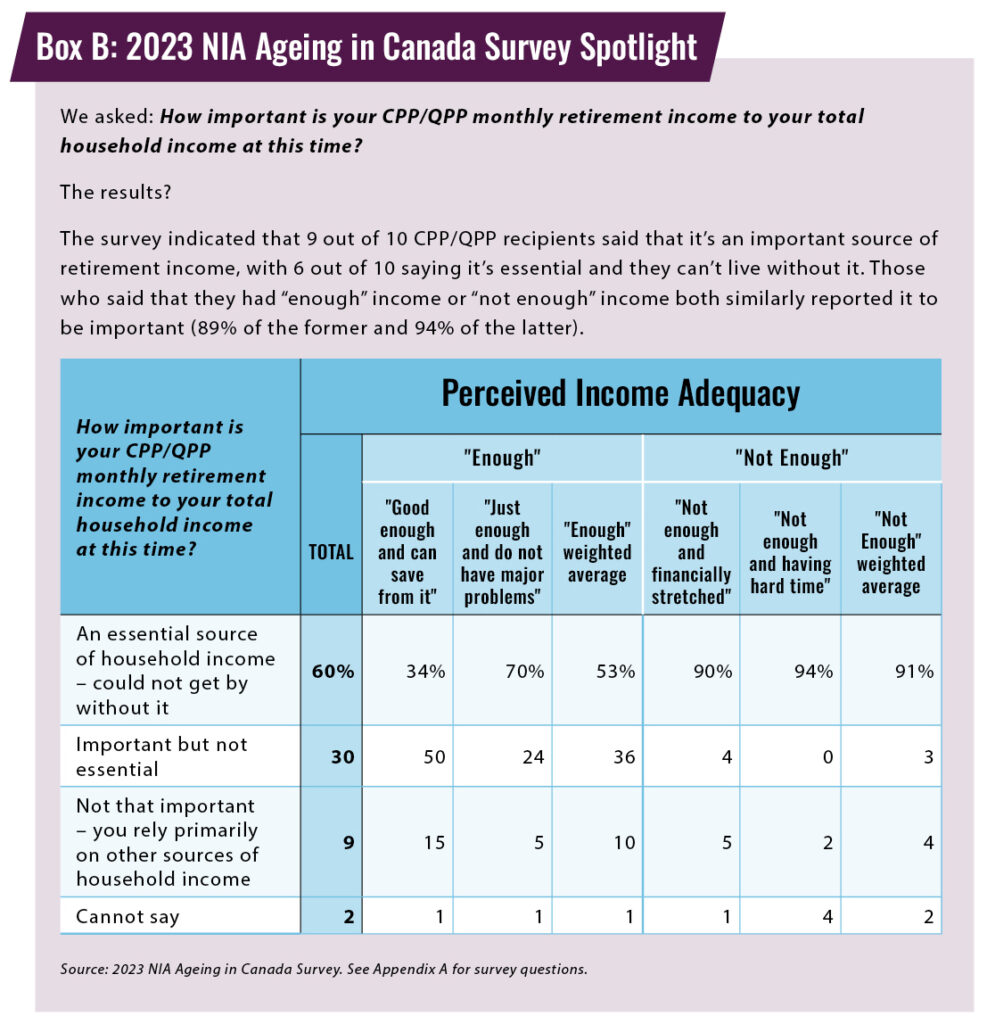
By Mark Seed, myownadvisor
Special to Financial Independence Hub
This article from Larry Swedroe recently caught my eye: Should Long-Term Investors Be 100% in Equities? (Own stocks for the long run at your peril).
Interesting headline and catchy, but we know stocks for the long-run can work for long investing periods. Otherwise, nobody would take on this form of investing risk for any reward…
That said, Swedroe does raise a few interesting factoids from his reference in the article about stocks in the long-run:
“Over the 150 years from 1792 to 1941, the performance of stocks and bonds produced about the same wealth accumulation by 1942.”
AND
“Results for the entire 227 years were weakly supportive of Stocks for the Long Run: The odds that stocks outperformed bonds increased as the holding period lengthened from one to 50 years. However, the odds never got much higher than two in three and increased only slowly as the holding period stretched from five years (62%) to 50 years (68%).”
The problem I have with such information, while interesting, is our modern economy is fundamentally different than 1942, let alone 1842, or 1792. I simply don’t see the value or point in referencing any stock market data that goes back 200+ years for the modern retail investor.
But I do agree with Larry in that stocks may not always beat bonds, at least over short or modest investing periods. I have participated in a bit of a “lost decade” in my own DIY investing past.
It could happen again.
Looking back at a broad measure of the U.S. stock market, such as the S&P 500 index, over the past 20 years, you would see (or experience as an investor) very different results from the first decade (2000-2009) and the second (2010–2019).
In fact, for large-cap U.S. stocks in particular, this “lost decade” from January 2000 through December 2009 resulted in very disappointing returns: an index that had historically averaged more than 10% annualized returns before 2000, instead delivered less-than-average returns from the start of the decade to the end. Annualized returns for the S&P 500 (CAD) during the market period were -3.18%.
Reference: https://woodgundyadvisors.cibc.com/delegate/services/file/1614689/content
Of course, we only know the results of stocks in hindsight after bad market periods are over and preferably for me, a few generations back makes sense to measure some relative stock market history vs. going back to horses and buggies in the form of a few hundred years…
What do I think? Is 100% equities investing at your peril?
No.
I remain invested in mostly equities at the time of this post with conviction although I do keep cash (or more recently cash equivalents on hand) and always have to some degree. Continue Reading…





